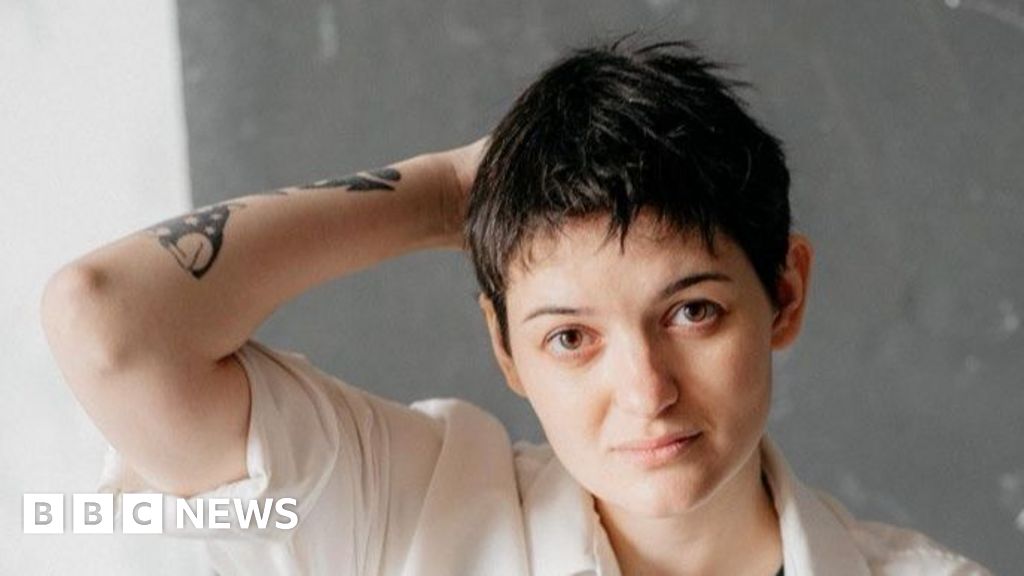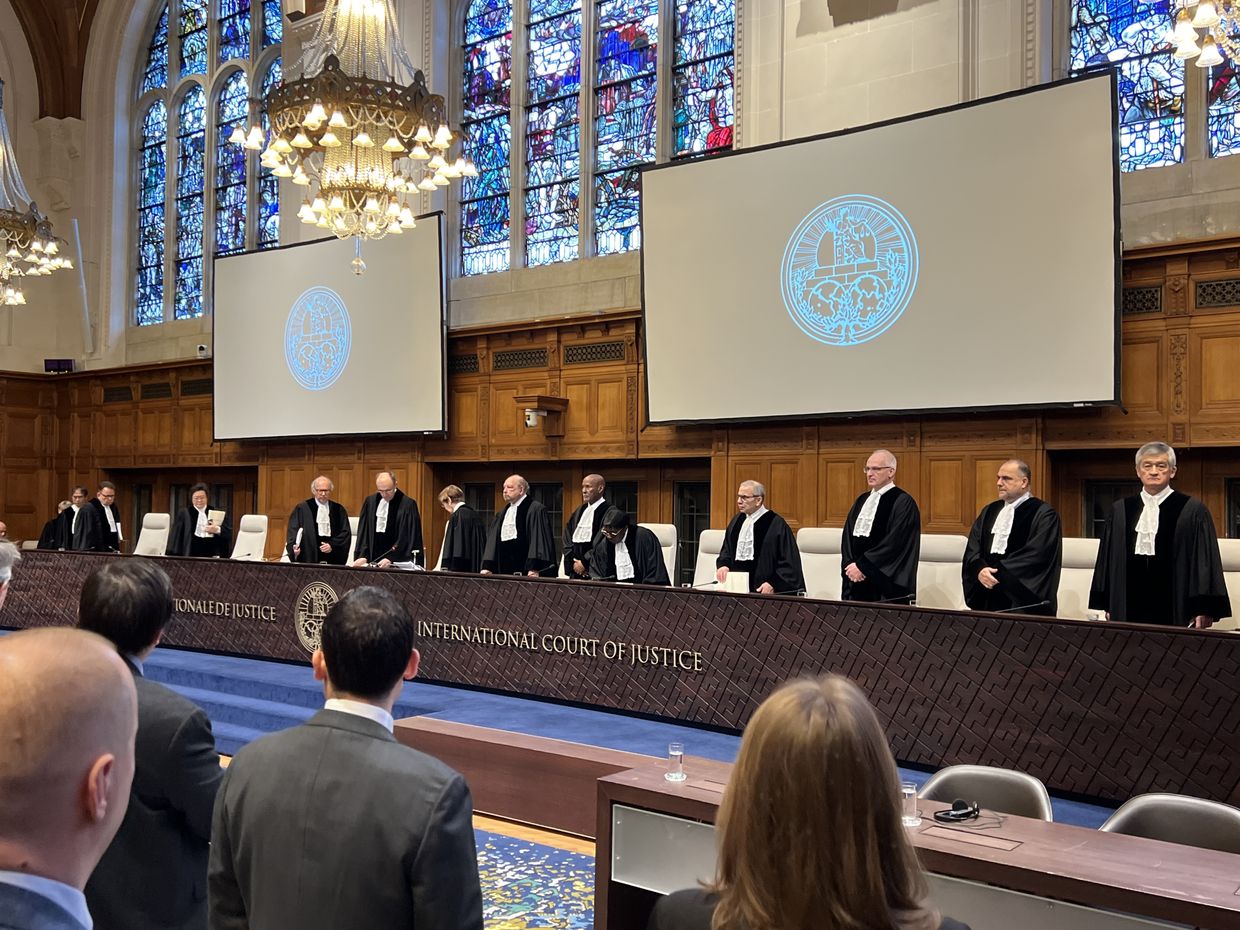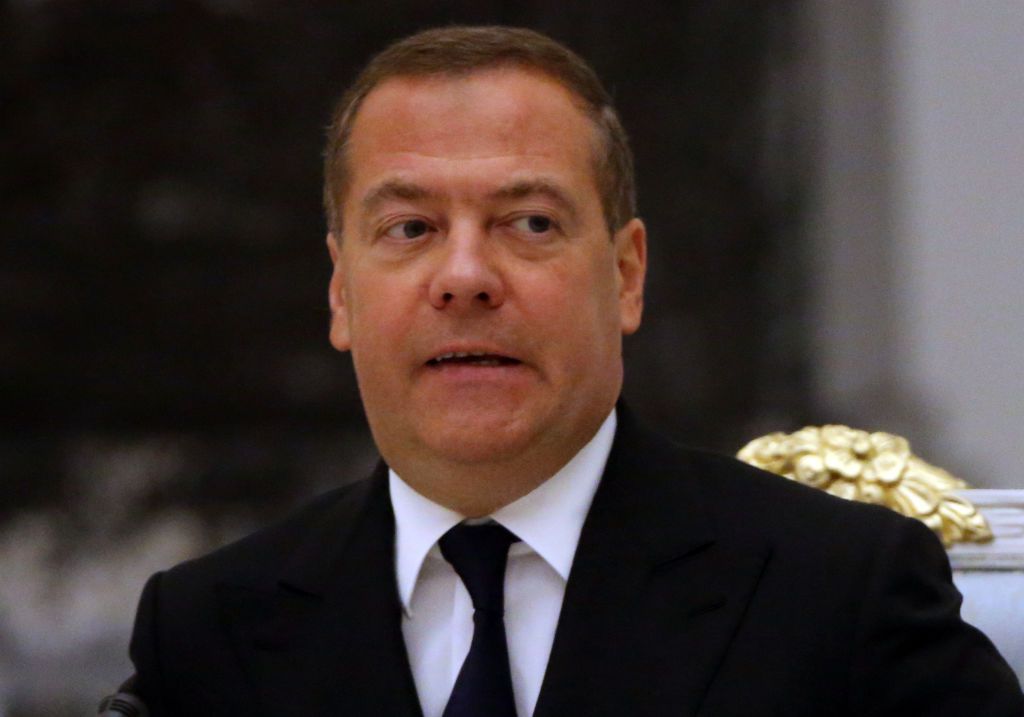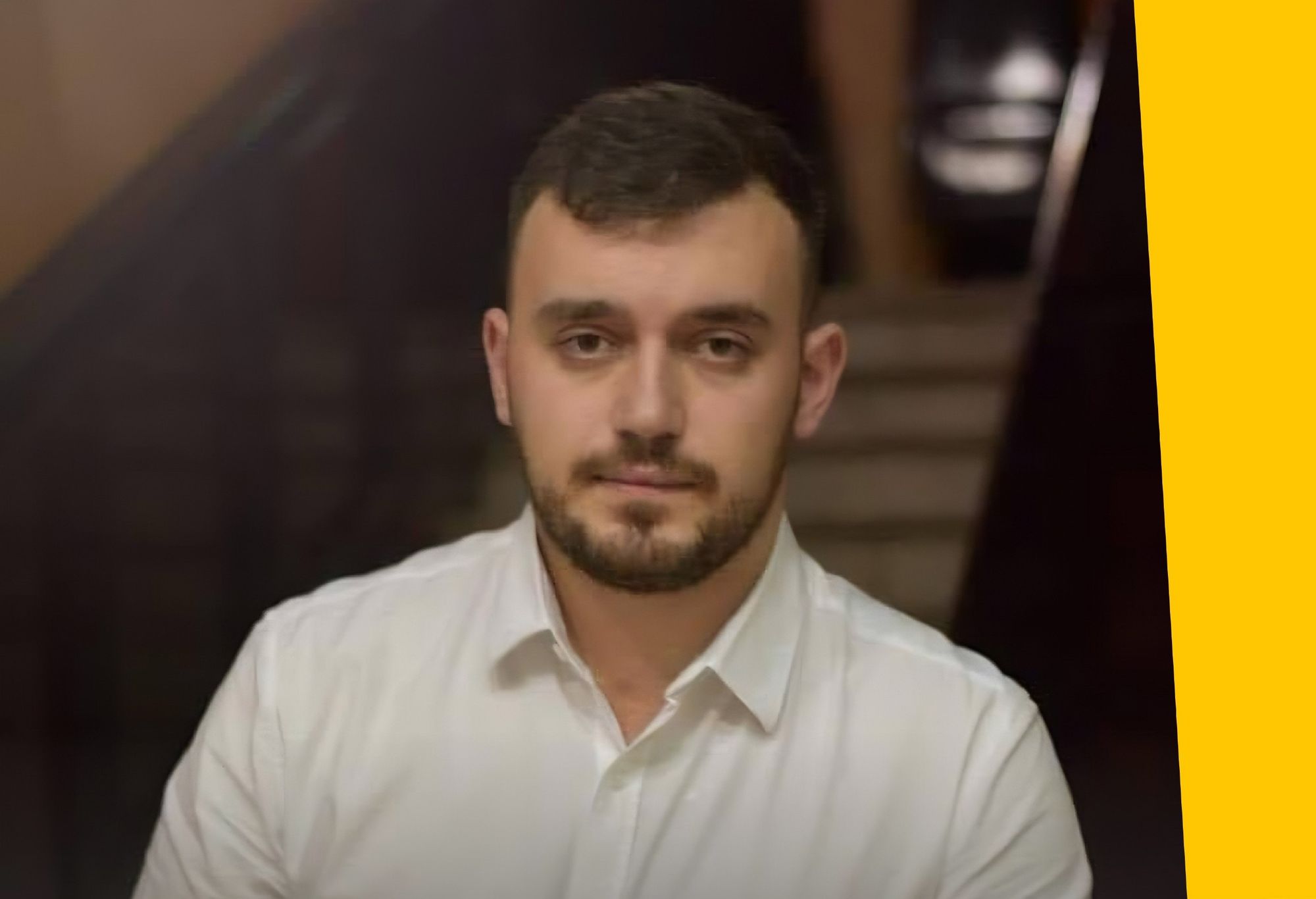Russia's critics abroad say the Kremlin is intensifying attacks
With all dissent snuffed out at home, Russia is turning its attention to opponents who have sought refuge in the West.
“When I left Russia and came to Prague, I had this illusion of security,” says Alesya.
"Parasites can’t sleep in peace..." was one of the messages that investigative journalist Alesya Marokhovskaya received last year.
The threats were accompanied by the name of the street in Prague where she lived. “I moved house to make it harder for them,” says Alesya.
“We thought it may just be some crazy Czech guy who was pro-Putin and had recognised me on the street.”
But then the messages became more sinister - calling her a "scumbag" and promising to find her "wherever she walks her wheezing dog".
Alesya’s dog really does wheeze when it walks. She informed the Czech police.
Later, Alesya was due to fly to Sweden to attend a conference. The sender then sent even more specific threats: details of her flight, seat number and the hotel she had booked. “It was clear they had high-level access to documents,” Alesya says. “It looks like the behaviour of the Russian state.”
Alesya had been branded a 'foreign agent’ years before by the Russian government, due to her work at independent Russian news website iStories.
#Intimidation is the intent,” suggests Mark Galeotti. “The idea that you'd better keep your head down. It’s a way of deterring the emergence of some kind of coherent political opposition to the #Kremlin.
https://www.bbc.co.uk/news/articles/cl4y0j47xe4o
#RussianTerrorism #terrorism #IStories #Putin #PoliceState #FSB



